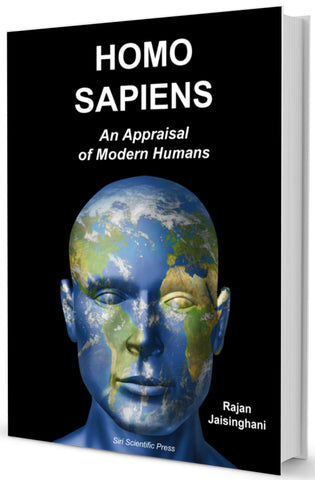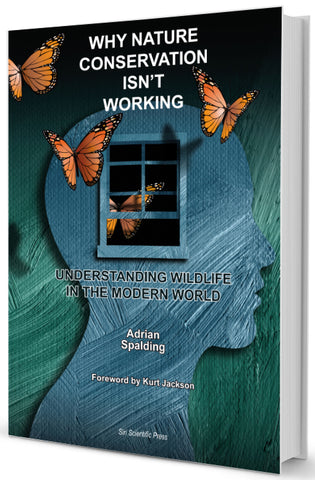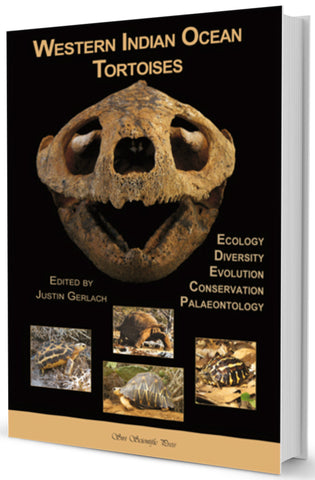
Homo Sapiens: An Appraisal of Modern Humans
by Rajan Jaisinghani
Siri Scientific Press (2015) 978-0-9929979-2-2 RRP £12.00
288 pp, 210 x 148 mm, soft cover, 35 illustrations
IN STOCK - Ships Within 24 Hours
Reviews
Amazon.co.uk (January 23, 2016): 5.0 out of 5 stars By R. Vernon (Secretary of the Oxford Branch of Population Matters) [edited]
"This book is essentially a plea to ‘live lightly on this Earth’, for the sake of all who currently dwell on it and those coming after us, backed up by a plan of how this might be done. It is very timely. The author says this is not a ‘science book’ on the grounds that the scientific method, with its rigorous pursuit and presentation of proofs, has failed, as have scientists, to persuade the public and thence our leaders, of the importance and urgency of the issue. His goal is to instil in the lay reader some insight of what humans are doing to the ‘only planet that we know is hospitable to us’, and lay out essential pre-requisites for solutions. ... this is one of the most important books, for humanity, the environment and hence our future, that I have read."
Population Matters Magazine 2016 (Issue 28, pages 23-24): "Jaisinghani states that the purpose of his book is to sound an alarm over the need to pay serious and urgent attention to warnings from many sources over the risks humanity faces. He has not written a ‘science book’ on the grounds that the scientific method, with its rigorous pursuit and presentation of proofs, has failed, as have scientists by and large, to persuade the public of the importance and urgency of the issue. His goal is to instil in the lay reader some understanding of what humans are doing to the ‘only planet that we know is hospitable to us’.
“The book is destined to fill a gulf between the hard depressing science of climate change and ecology and an idyllic world where consequences are for tomorrow, not today… Rajan provides a lens to show us a world where we fail to take action. A world where we fail to learn the lessons of our past (and our present).” Dr. John Abrahams, Professor, Thermal and Fluid Sciences, St. Thomas School of Engineering, MN.
"It is a splendid reference and, as John Abraham says, it is refreshingly candid and frank. I admire the direct approach you have taken to our Great Predicament and cannot help but to agree, however reluctantly, with your assessment of human behavior. Does one supply data and hope for understanding and action? No, energy and desire must be emotionally recruited by education of body, mind, and spirit. As Wordsworth and other Romantics awakened a population, as St. Francis awakened a reform, as the Salt March awakened a movement, we need awakenings from the common trance to confront the issues in your book." Dr Richard L. Rose, Author and Member of the Citizens Climate Lobby in Richmond, Virgina, USA.
Amazon.com (October 12, 2015): 5.0 out of 5 stars By Jennifer Graetzon [edited]
"A clarion call even for those already very familiar with global climate change
It is difficult to summarize the fascinating research and analysis within Homo Sapiens: An Appraisal of Modern Humans. The author adeptly weaves together ancient philosophy, astro-physics, psychology, historical events and politics to support his cogent thesis: Homo sapiens has done irreparable damage to the planet, but it is not too late to mitigate its effects. Having lived in a number of the countries cited by the author, I have witnessed the first-hand effects of dessertification, over-population, and pollution on the world. They are evident in Nigeria’s annual dusty harmattan or dust storms and India’s winter “fog” or severe pollution. It is my hope that books such as this are used in classrooms throughout the world to demonstrate to children the error of our ways and the potential solutions which will require a drastic change to our standard way of life."
Back cover
Why Homo sapiens, a seemingly intelligent species, continues to irreparably damage the Earth, so vital to not only our own survival but to that of all the intertwined living things around us, is passionately and insightfully addressed here by Rajan Jaisinghani. The book encompasses almost everything related to Homo sapiens—the environment, collective behaviour and psychology, population and economics, governance and politics, philosophy and art. It discusses the difficult steps we might take to begin to ameliorate this damage, the necessary pre-requisites for such repair, and ends with a semi-fictional chapter on life in 2050. Uniquely, the book uses the conditions in India as a warning to the rest of the world; India is akin to a laboratory experiment in which extreme population is the dominant parameter. While it is technically accurate and includes much research, the book is written in a style easily understood by everyone. It is a must read for anyone interested in a realistic and logistical view of the trends that have been developing over the last 200 years and which look set to continue into the future.
We Also Recommend





